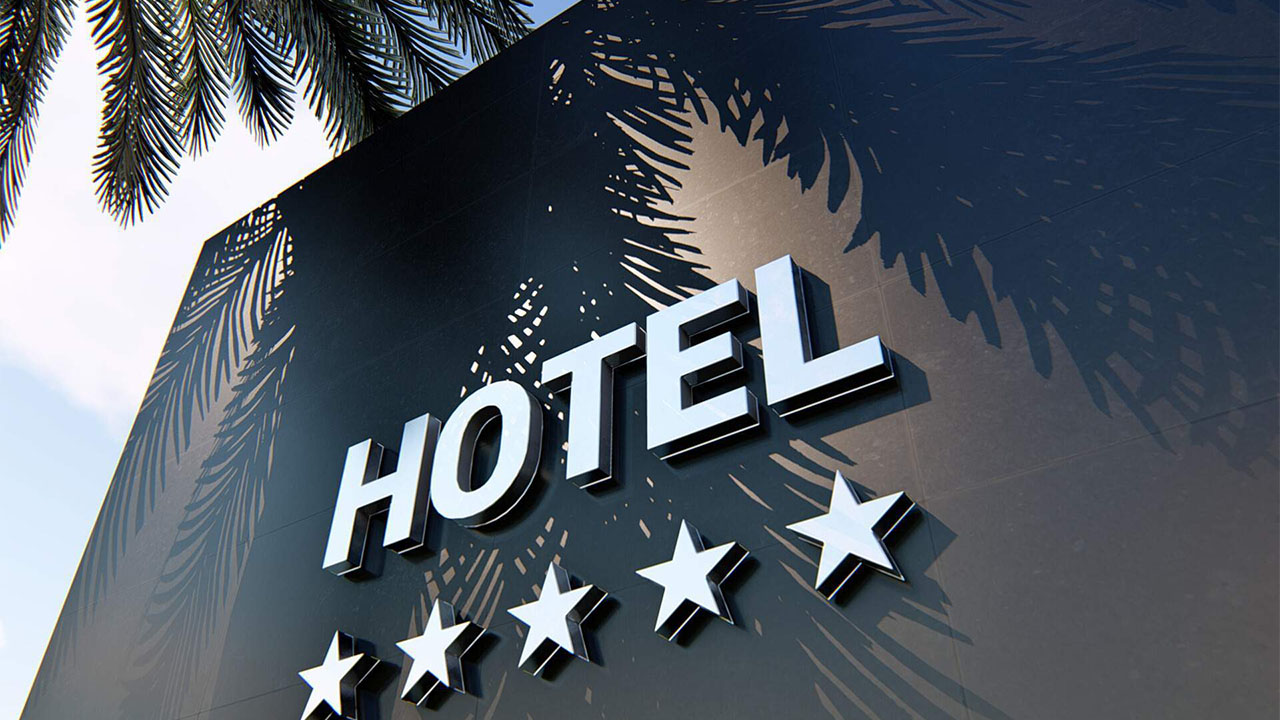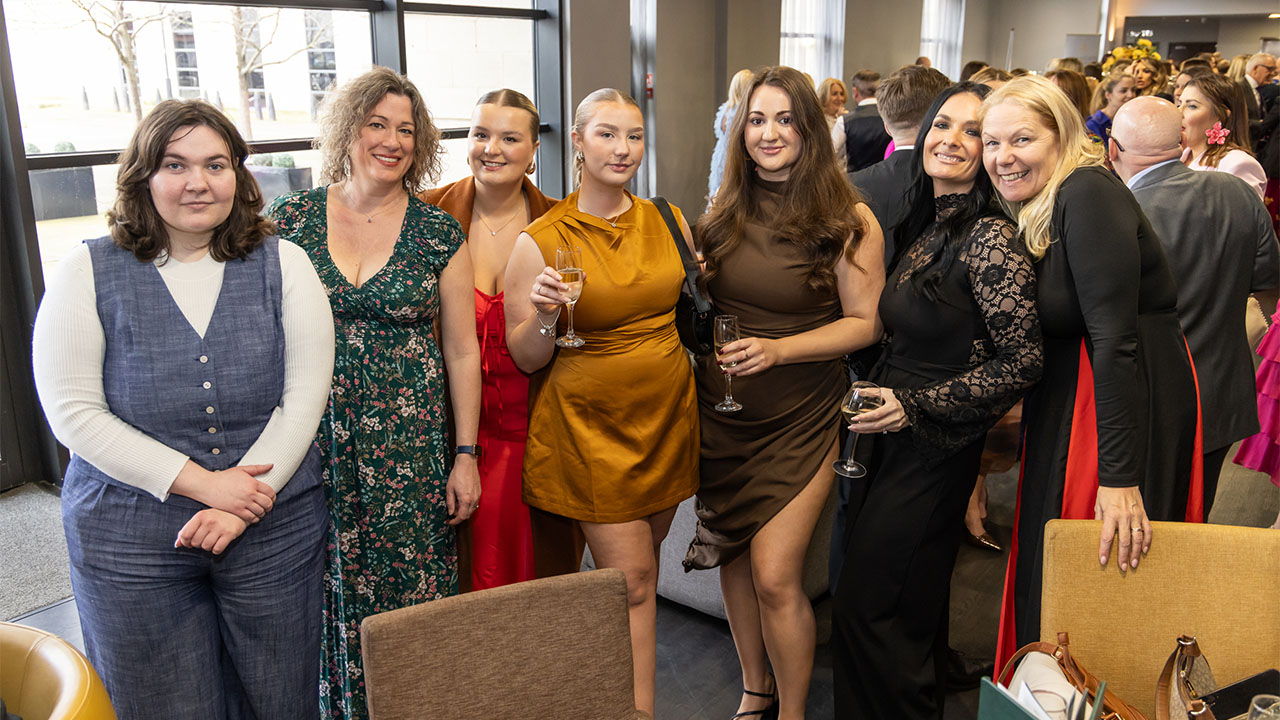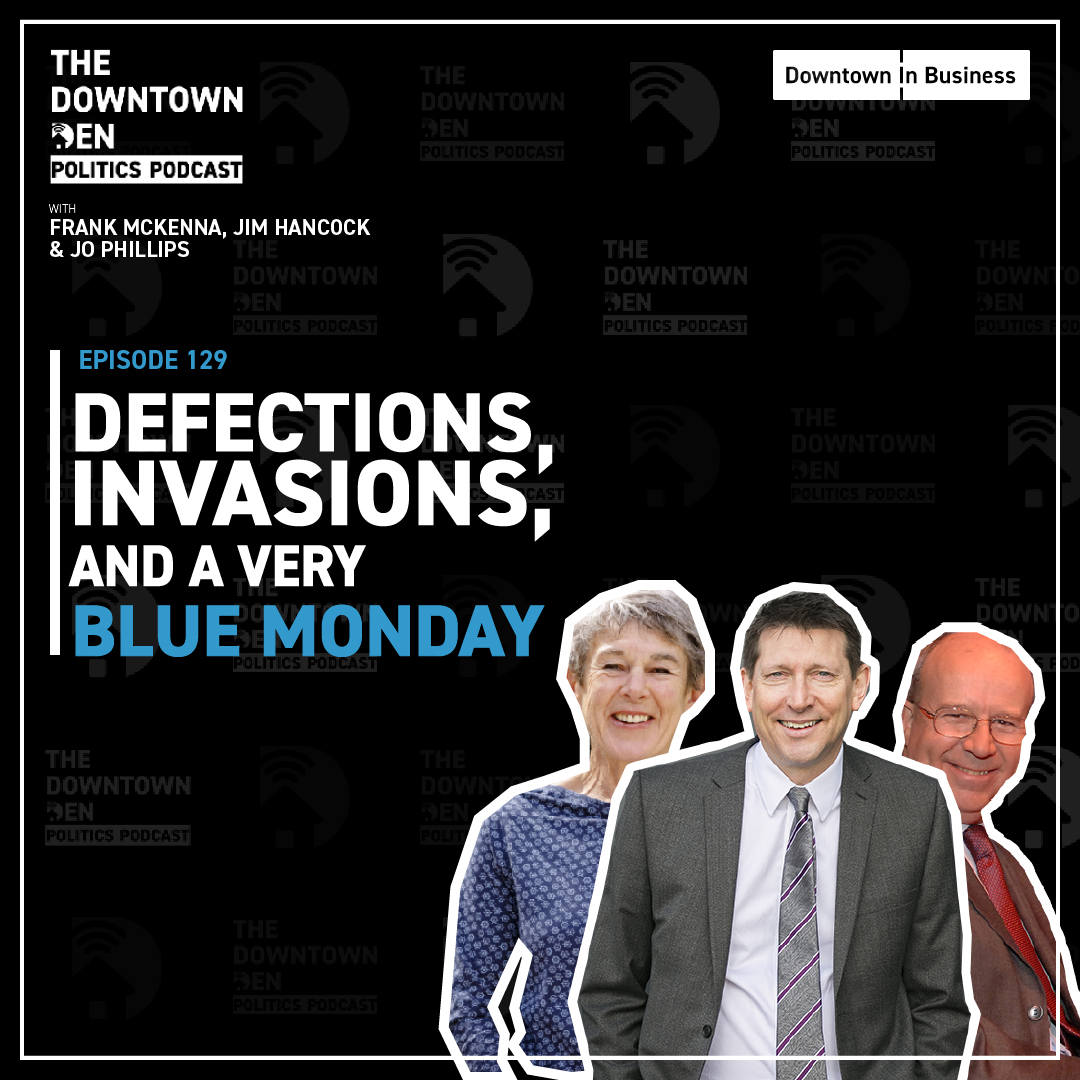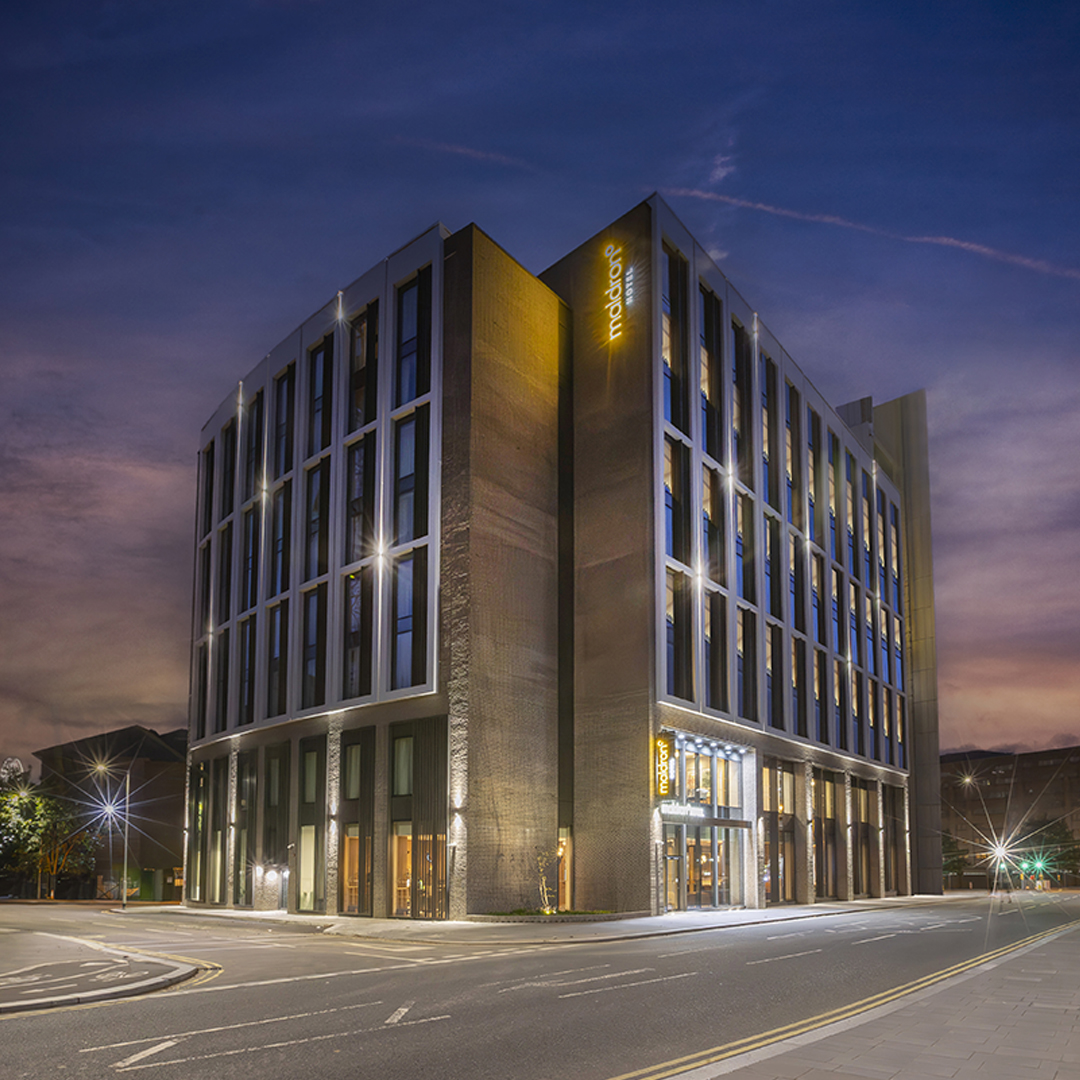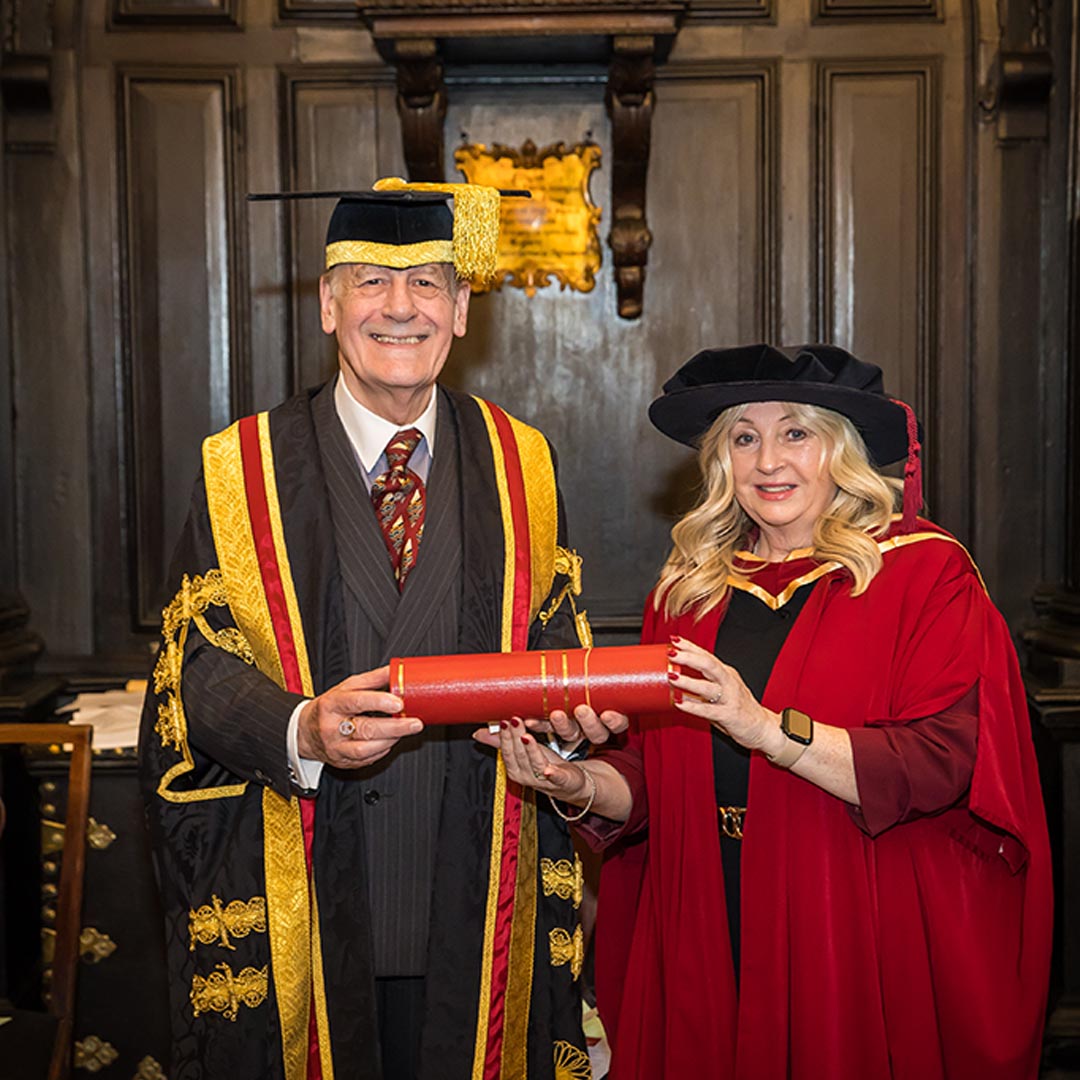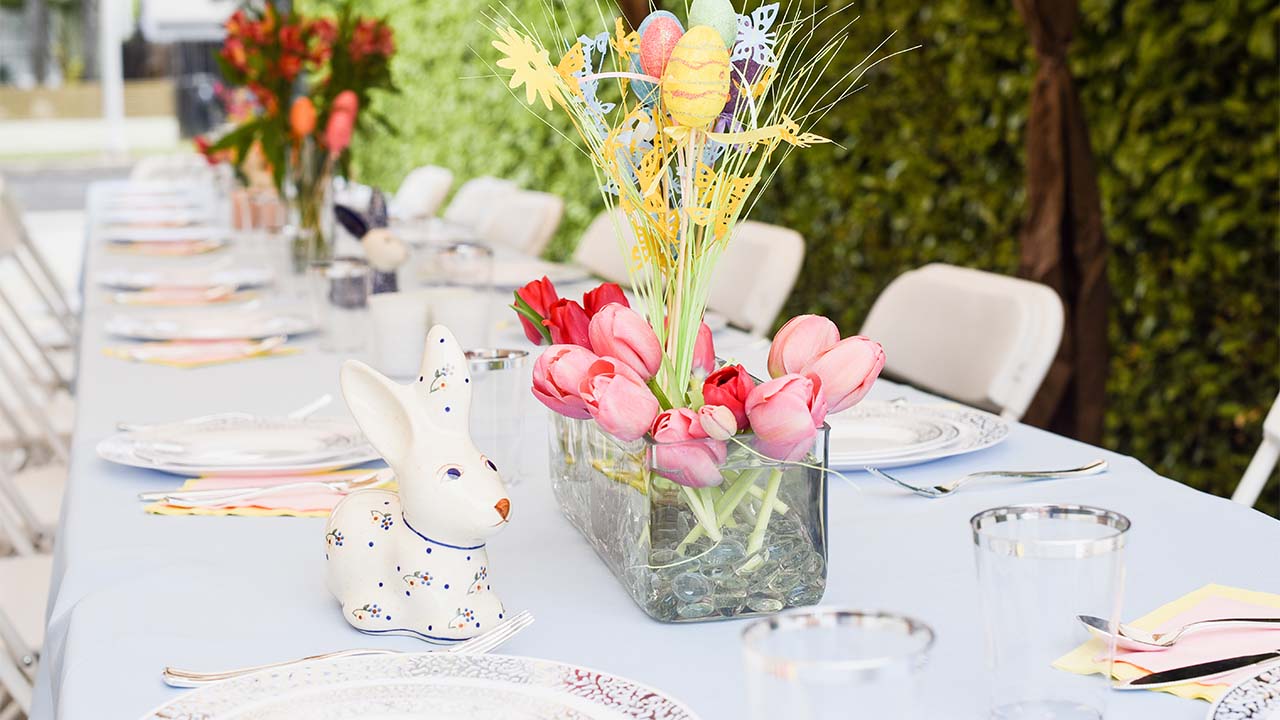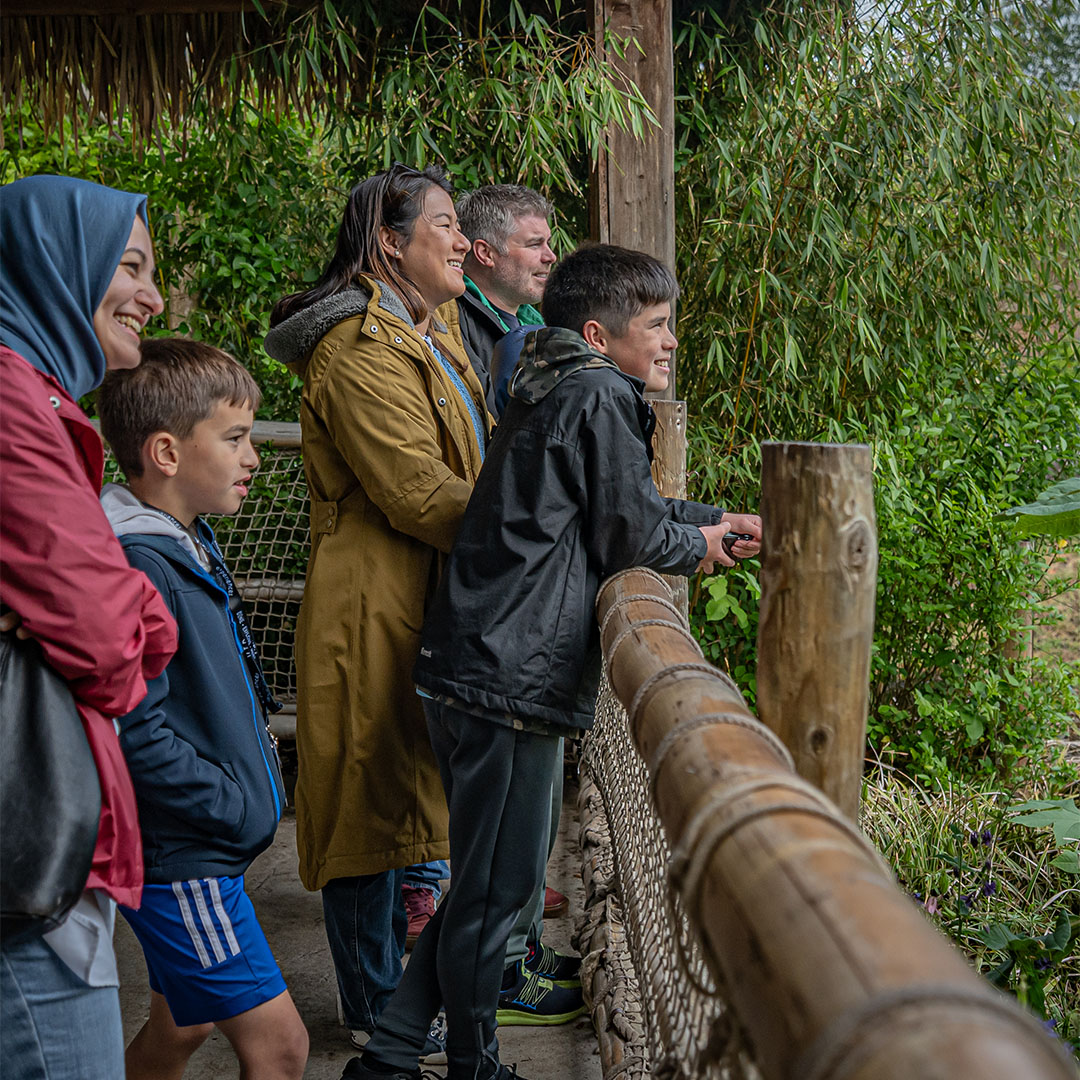Us hospitality workers know all too well that the nature of our job involves juggling multiple responsibilities all the time, whether it’s handling a rush of guests, managing last-minute changes, or dealing with unexpected challenges. In such an environment, collaboration isn’t just helpful—it’s essential.
When a hospitality team works well together, everything runs more smoothly. Whether it’s in a hotel, restaurant, bar, or event space, every role is interconnected.
From the kitchen to the front desk to housekeeping, the experience of the guest is shaped by the cohesion of the team behind the scenes.
Strong team dynamics create a flow where everyone understands their part and how it fits into the bigger picture.
This may be seen easier with a small team, as you can understand; at large establishments like Hiltons, where there can be over 100 staff members, some may never even cross paths—but the importance of collaboration still stands.
Effective communication, mutual respect, and shared responsibilities help reduce errors, delays, and even conflicts.
More importantly, a strong team knows how to anticipate each other’s needs and step in when someone else is overwhelmed—without needing to be asked. It’s this unspoken understanding that elevates the overall guest experience.
A culture of collaboration also fosters emotional support. Simple actions like checking in on a teammate during a busy shift, offering help without being prompted, or even sharing a laugh in a tough moment can make the environment more positive and less draining.
It’s about creating a space where everyone feels seen and valued, not just as workers but as individuals.
In hospitality, high-pressure situations are part of the daily grind—whether it’s a fully booked restaurant, a large-scale event, or a last-minute guest request that throws off the routine. While these moments can be stressful, they can also be opportunities for team bonding.
When staff members face challenges together, they develop a shared sense of accomplishment. It’s in those moments of scrambling to meet a deadline or handling a wave of unexpected guests that the team’s trust and camaraderie grow.
The sense of “we’re in this together” can transform pressure into a chance for the team to prove their resilience and strengthen their connection.
Building a culture of teamwork doesn’t happen overnight—it requires consistent effort from both management and staff. Here are a few ways hospitality teams can encourage stronger collaboration:
1. Clear Communication: Whether it’s during a pre-shift meeting or a quick check-in mid-service, open and clear communication is key. Teams should feel comfortable sharing updates, asking for help, or pointing out issues before they escalate.
In both Hotels that I work with, they both have a WhatsApp group chat that is constantly active, asking questions and informing people on what has gone on.
Handovers are also essential and help the night and day staff communicate with one another.
2. Encouraging training in multiple areas: Cross-training employees to understand multiple roles within the team allows everyone to step in when needed. This not only makes the team more adaptable but also helps staff appreciate the challenges of different roles.
3. Recognising accomplishments: Acknowledging individual and team efforts goes a long way in boosting morale. Whether it’s a simple “thank you” after a busy shift or celebrating small wins, recognising hard work fosters a sense of pride and belonging.
4. Team-Building Activities: Investing time in team-building activities outside of work can help strengthen relationships within the team. Whether it’s a casual outing or a more structured team-building exercise, like an escape room, these activities help employees bond on a personal level, making collaboration at work easier and more natural.
In hospitality, where the pace is fast and the pressure is high, collaboration is the key to both team success and personal well-being.
Strong teams don’t just make things run smoother for guests—they create a supportive environment where burnout is less likely, and genuine connections can grow. When you focus on teamwork and building a culture of collaboration, everyone can handle the tough shifts and still come out feeling accomplished and united.
If you are passionate about the hospitality industry, then join our free online community – https://www.facebook.com/groups/thehospitalityheroeshub
And get tickets to our next Art of Hospitality Conference
https://www.tickettailor.com/events/thehospitalityheroltd/1247471




